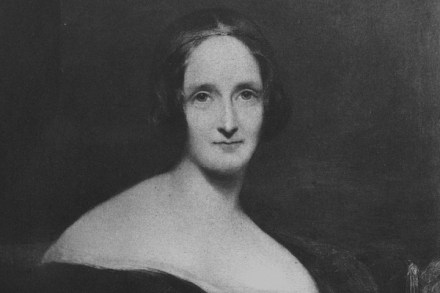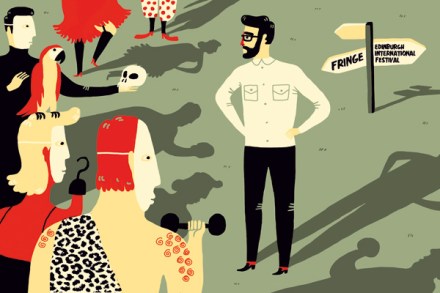Touch of evil
TheatreRichard III is seriously bad for your health. Any actor will tell you that the part of the ‘bunch-backed toad’ is so physically punishing that the chap in the title role usually ends up being injected with painkillers by the local quack before each show. Or he finds himself in hospital when he should be

























